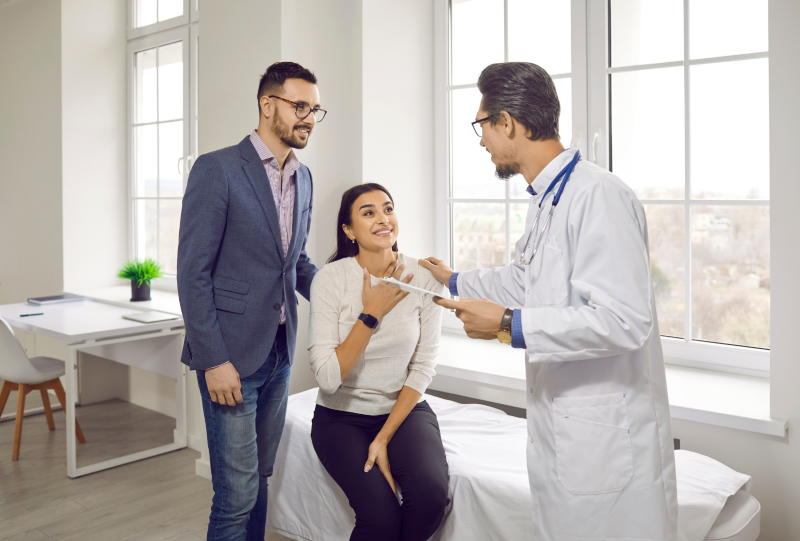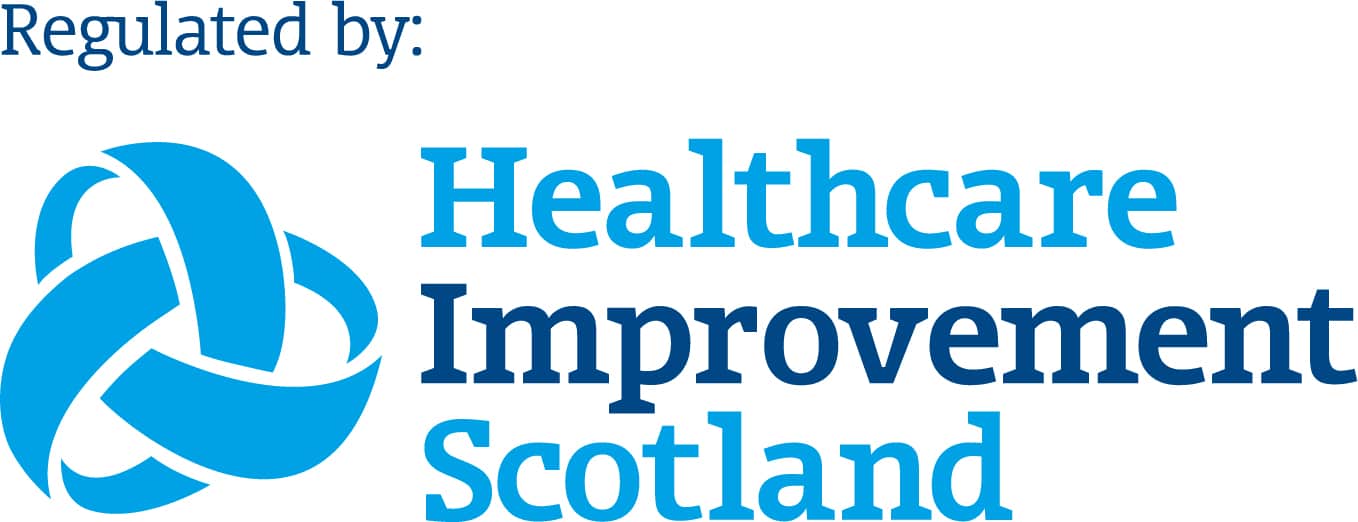We’ve all heard the adage that “prevention is the best medicine.” In fact, it’s so true that one of the most important things you can do for your health is to get regular check-ups. You might think it’s too early for a midlife health check-up, but the truth is that this time of life offers some unique challenges and opportunities. Your body may be changing in ways you don’t expect—and some changes can even be treated before they become serious problems.

Blood pressure test
Blood pressure, or blood hydrostatic pressure (BHP), is the amount of force exerted against a vessel wall by the flowing blood.
Blood pressure is usually expressed as two numbers: systolic and diastolic pressures. For example, 120/80 mmHg or 120 over 80 millimetres of mercury means a systolic pressure (top figure) of 120 mmHg and a diastolic pressure (bottom figure) of 80 mmHg.
The normal range for both systolic and diastolic pressures depends on your age and gender.
Breast exam
Most women need to get their breasts checked every year. This is because breast cancer is the most common form of cancer for women, and early detection is key for surviving it. It’s also important to note that most cases of breast cancer occur in women over the age of 50.
Because your mammogram may not cover every inch of your body, it’s important to have a physical examination by a healthcare professional each year as well—even if you don’t feel any lumps or bumps in your breasts. During this exam, they’ll check not only the area around your nipple but also inside your armpits and below them (which can be harder to see on an x-ray).
Cholesterol check
Cholesterol is a waxy substance found in your body, which is important for the production of hormones, vitamin D and bile acids. Excessive cholesterol can lead to heart disease, so it’s important that you have your levels checked regularly (ideally every five years).
A blood test will measure your total cholesterol level, but if you have been diagnosed with high cholesterol or are at an increased risk of heart disease then this may be performed more frequently.
Diabetes screening
Diabetes is a disease that causes high blood sugar. It affects over 400 million people worldwide, and its prevalence is expected to grow by 70% over the next 20 years. Diabetes screening can help detect diabetes early on and prevent complications down the road.
If you’re at risk for type 2 diabetes—that is, if you are overweight or obese, have a family history of type 2 diabetes or are African American—your doctor will recommend regular screenings: glucose tolerance tests once every three years for everyone 45 and older; haemoglobin A1c levels once every three years for those 40–45; and an oral glucose tolerance test every year for those 30–65 who are overweight or obese. If you don’t meet these criteria but still want to be tested more often than once every 3 years, talk with your doctor about how often he/she recommends testing based on your individual risk factors.
It’s important that anyone who is pregnant have an annual obstetric evaluation with their doctor during which all necessary tests are done—including routine screening for sexually transmitted diseases like chlamydia and gonorrhoea through urine samples collected at the initial visit (this can help detect any infections before they cause serious complications). Women should also be tested for hepatitis B virus antibodies before becoming pregnant so they can make decisions about vaccination before conception occurs; those who aren’t vaccinated because they’ve never been exposed could become infected during pregnancy and pass along this dangerous condition to their new-borns.
Colonoscopy and sigmoidoscopy
A colonoscopy and sigmoidoscopy are tests that look inside the colon.
You should have them done starting at age 50 if you have a family history of colorectal cancer or polyps, or if you’re at risk for colorectal cancer because you have inflammatory bowel disease or an immunodeficiency condition such as HIV/AIDS. If you’re younger than 50 but have a personal history of colorectal cancer, Crohn’s disease, ulcerative colitis, colon polyps or adenomatous polyps in your first-degree relatives (parents, siblings and children) then it’s also recommended that you get one of these procedures sooner rather than later.
Health is important
There are a few important things to keep in mind when it comes to your health. First, you should never skip your health checks. Second, it’s important that you do them regularly and make sure that the results are sent to your doctor for follow-up.
In addition to this, if you want to be proactive about your health, it’s important that you do your own research and find out what kind of tests are best suited for each individual person based on their medical history and lifestyle choices. You can always ask a professional how often they recommend these kinds of check-ups—and whether or not they’re necessary at all!
Please contact our team at 01224 515 254 to get more information how ROC can help you with your regular health checks.


